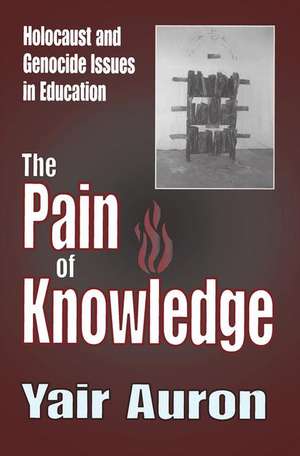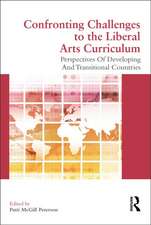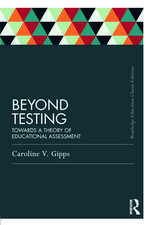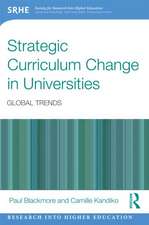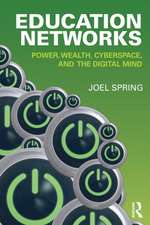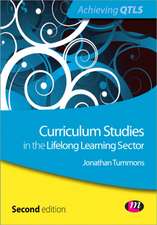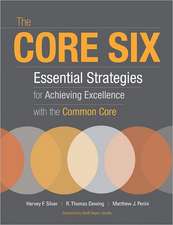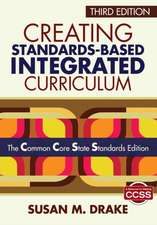The Pain of Knowledge: Holocaust and Genocide Issues in Education
Autor Yair Auronen Limba Engleză Paperback – 16 apr 2018
| Toate formatele și edițiile | Preț | Express |
|---|---|---|
| Paperback (1) | 482.35 lei 6-8 săpt. | |
| Taylor & Francis – 16 apr 2018 | 482.35 lei 6-8 săpt. | |
| Hardback (1) | 1001.07 lei 6-8 săpt. | |
| Taylor & Francis – 30 apr 2005 | 1001.07 lei 6-8 săpt. |
Preț: 482.35 lei
Nou
Puncte Express: 724
Preț estimativ în valută:
92.31€ • 95.36$ • 76.82£
92.31€ • 95.36$ • 76.82£
Carte tipărită la comandă
Livrare economică 25 martie-08 aprilie
Preluare comenzi: 021 569.72.76
Specificații
ISBN-13: 9781138516571
ISBN-10: 1138516570
Pagini: 212
Dimensiuni: 152 x 229 x 11 mm
Greutate: 0.45 kg
Ediția:1
Editura: Taylor & Francis
Colecția Routledge
Locul publicării:Oxford, United Kingdom
ISBN-10: 1138516570
Pagini: 212
Dimensiuni: 152 x 229 x 11 mm
Greutate: 0.45 kg
Ediția:1
Editura: Taylor & Francis
Colecția Routledge
Locul publicării:Oxford, United Kingdom
Cuprins
1. On the Construction of Memory, 2. Philosophical Reflections on the Holocaust, 3. Constructing the Memory of the Holocaust in Israel, 4. The Teaching of the Holocaust in Israel: Historical Processes, 5. On Teaching the Holocaust: Didactic Aspects, 6. Learning Programs in Israel, 7. Holocaust Martyrs’ and Heroes’ Remembrance Day, 8. Journeys of Youth to Poland, 9. About the Attitudes of Israeli Adolescents towards the Holocaust, 10. About the Attitudes of Israeli Arabs towards the Holocaust, 11. To Remember or to Forget? 12. On the Teaching of the Holocaust Around the World , 13. On the Teaching of Genocide.
Descriere
The concept and measurement of intelligence present a curious paradox. On the one hand, scientists, fluent in the complex statistics of intelligence-testing theories, devote their lives to exploration of cognitive abilities. On the other hand, the media, and inexpert, cross-disciplinary scientists decry the effort as socially divisive and useless in practice. In the past decade, our understanding of testing has radically changed. Better selected samples have extended evidence on the role of heredity and environment in intelligence. There is new evidence on biology and behavior. Advances in molecular genetics have enabled us to discover DMA markers which can identify and isolate a gene for simple genetic traits, paving the way for the study of multiple gene traits, such as intelligence.Hans Eysenck believes these recent developments approximate a general paradigm which could form thebasis for future research. He explores the many special abilities verbal, numerical, visuo-spatial memory that contribute to our cognitive behavior. He examines pathbreaking work on "multiple" intelligence, and the notion of "social" or "practical" intelligence and considers whether these new ideas have any scientific meaning. Eysenck also includes a study of creativity and intuition as well as the production of works of art and science identifying special factors that interact with general intelligence to produce predictable effects in the actual world.The work that Hans Eysenck has put together over the last fifty years in research into individual differences constitutes most of what anyone means by the structure and biological basis of personality and intelligence. A giant in the field of psychology, Eysenck almost single-handedly restructured and reordered his profession. Intelligence is Eysenck's final book and the third in a series of his works from Transaction.
